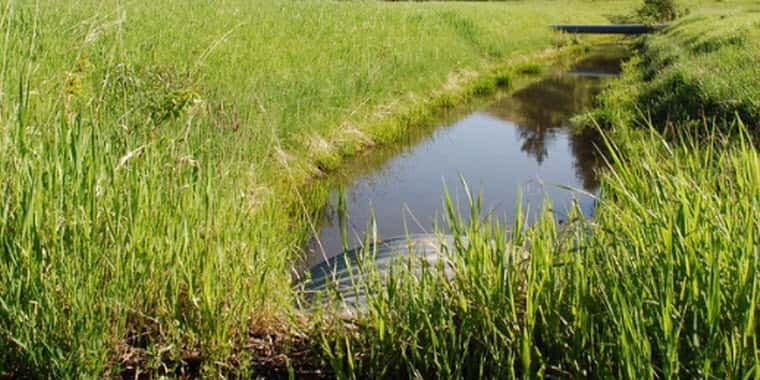by Rep. Alan Redfield
House Bill 286, passed by the 2019 Montana Legislature, addressed concerns regarding DNRC Trust Lands adding themselves as owners or partial owners to various water rights without recourse for water users. The bill clarified that a water right owner could utilize water from a well or developed spring on private land for beneficial use on state trust land for the duration of a state land lease. It also stipulated conditions under which the state could not obtain ownership interest in water rights or groundwater development works based solely on trustee obligations for state trust land. Furthermore, the bill required the state to rescind any claim of ownership asserted prior to May 11, 2019, if it did not meet specific requirements outlined in the bill.
I carried HB 286 in the 2019 Legislature and with the support of numerous ag groups including The Senior Water Rights Coalition, Montana Farm Bureau Federation, Association of Gallatin Agricultural Irrigators, Montana Stockgrowers Association, and the Montana Water Resources Association we were able to get it passed into law.
Following its implementation, a watchdog group sued the state to challenge the constitutionality of the statute codified as 85-2-441, MCA. The state, supported by agricultural groups, successfully defended the statute against this challenge. As a result, DNRC Trust Lands removed their names from the identified water rights, as directed by law.
The Schutter vs. Montana Board of Land Commissioners case, decided by the Montana Supreme Court, was not related to HB 286. It concerned a water right developed by the Schutter family on private land in 1960, which they utilized for irrigation on both private and state land. Trust Lands objected to the Schutter claim during the statewide water adjudication, leading to litigation. This case did not involve one of the 141 water rights affected by HB 286.
The Supreme Court’s decision in this case:
— affirmed the Water Court’s judgment, ruling that the portion of the water right used to irrigate certain school trust land was appurtenant to that land and could not be transferred without fair compensation to the state, and
— stated “We reiterate that the Board (of Land Commissioners) does not claim, the Water Court did not grant, and we do not hold that the board has any ownership interest in the well or in the means of transporting water …”
In summary, HB 286 addressed concerns related to water rights ownership involving state trust lands, while the Schutter case, while addressing a similar issue, was a separate matter within water rights adjudication.
Alan Redfield
Former MT Representative



Out here, whiskey is for drinking, water is for fighting. Me? I’ll not not put my water on state land.